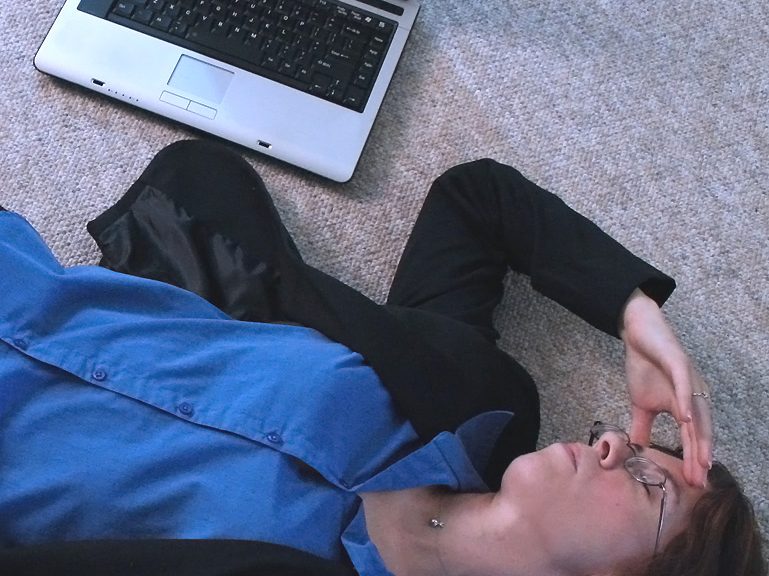At a recent lunch discussion organized by the Versatile Humanists program, I had the opportunity to talk with Duke graduate students about getting started in the digital humanities. The proposition sounds straightforward in some ways: if you want to get started, well, jump right in. But our conversation underscored the difficulties of approaching the digital humanities as a novice. Where do you go for training or mentoring, for example? What does training entail? Do you need to code? Should you plan a digital humanities project of your own or join an established one? How do you know whether a project “counts” as digital humanities at all?
Those are all good questions, and they’re sometimes difficult to answer directly because DH seems so diverse and amorphous. To help address some of these issues, I thought it would be useful to recap some of the big questions from our lunch conversation–to reflect on the digital humanities with an eye toward helping graduate students understand their nature and, ultimately, how to jump right in. (Those wanting to pose their own questions are invited to join an encore conversation Thursday, October 18, 12:00-1:00 PM, as Liz Milewicz and I launch the Digital Brown Bag series on topics, projects, and questions in digital scholarship.)
What are the digital humanities?
The digital humanities involve using computational technology to explore, understand, preserve, and communicate about our cultural heritage. Anybody can do it, and you don’t need to code, but coding can offer you a fast track to understanding some of the technical dimensions of our craft.
At least, that’s my view. The term “digital humanities” is a site of open debate, and the debate ranges from serious critique (“is this a field with a general research agenda?”) to quibbles (“can you really call yourself a digital humanist if you can’t code?”). If you’re at all interested in the digital humanities, you’ll eventually encounter this kind of writing, which seeks to define our label and work out its implications. For example, Routledge has published a book, edited by some DH luminaries, called Defining Digital Humanities: A Reader. At 330 pages, it encompasses a lot of defining, and it’s not even comprehensive.
Your enthusiasm for this genre of rhetoric may wax and wane as you do DH. It’s easy to feel jaded after a while, but we all know and feel the scholarly urge to define, in unambiguous terms, what we’re talking about when we talk about something. One of the hallmarks of the digital humanities themselves, though, is a comfort with variable outcomes, with uncertainty, with unexpected detours and discoveries, with transdisciplinary experimentation. With the novel and weird — with things that are difficult to define.
Maybe defining DH is less important than we reflexively think. As Lisa Spiro has pointed out, community and shared values are a lot more useful than abstract definitions. I think it’s enough to say that you’ll find out what the term “digital humanities” means for you if you start working in the field. You may even find the term inadequate and prefer, as one of my colleagues does, phrases like “Big Humanities” — a banner of both venturesome scholarship and inclusivity, one that may entail fewer shibboleths and more varieties of hacking.
But how do I get started? Do I need to code? Do I need training in specific technologies?
The digital humanities are many things to many people, but for me, their animating spirit isn’t technology per se; instead, it’s a mode of imaginative attention that engenders certain approaches to understanding objects of humanistic study. That mode of attention is technologically inflected, but it arises primarily from the instincts of the humanist. In other words: you generally want to lead with your research interests, not with an interest in technology that may or may not meet your needs.
At the same time, it’s not difficult to imagine how exploring technology–a digital exhibit platform, a topic modeling tool, GIS software–can influence your research agenda. A basic condition of the digital humanities is that we often use tools of precision and formal expression to learn about cultural artifacts whose enduring value is rooted in ambiguity. But I think the use of those tools and approaches has a sharpening effect on one’s scholarly vision. When you create or work with digitized materials, when you create models, when you try to be precise and unambiguous even though you know that ambiguity is a soil where meaning grows, you have to interrogate assumptions and first impressions. It doesn’t do to trust vague notions when you are preparing a digital edition, mapping a novel, or understanding the results of your automated text analysis. What do we really mean by this location or that name? Are we sure that we know what we think we know about this place? What does it mean for a text analysis program to discern “topics” in a corpus? And, at a more general level, what possibilities open up when we grapple with these questions in the context of digital scholarship?
This kind of reflection seems worthwhile for scholars, and it’s also a reason that digital scholarship often serves a pedagogical function analogous to that of old-school, kinda-formalist close reading. The act of naming or identifying things precisely also reveals imprecision and uncertainty or ambiguity in a text. Realizing cultural artifacts — literature, architecture, paintings, music — as data isn’t just anatomizing them for convenience. It’s also helping us understand those artifacts in other ways.
Put another way: to make our cultural record computationally tractable in ways that illuminate and retain what’s distinctive and untranslatable about that record, we need the experience and the perspective of the humanist scholar. And because doing DH so often means interrogating and revising our assumptions about a cultural artifact, we also sharpen that humanistic experience and perspective in doing it.
This is a roundabout way of addressing the questions above, and I don’t mean to sell short the perspective of technologists or the value of learning to code. In fact, I think humanists should learn to code, for many of the reasons I express above, and I think that the best digital humanities projects are broadly collaborative ventures that draw inspiration from many people with diverse competencies and interests.
Learning from doing–and failing
For that reason (and others), it probably doesn’t make sense to undertake a large digital humanities project on your own in graduate school. But there are two good ways to immerse yourselves in the digital humanities: joining a project and aimlessly playing around.
If you can join an existing project in some capacity, you will learn a lot about the diverse and complex elements of digital humanities work. You’ll also learn more simply by absorbing what goes on around you than you will in a year of reading about the digital humanities.
The other way of learning — aimless playing around — should become habit, too. The DH community is supportive and experimentally inclined; you’ll be right at home asking how things work, experimenting, and emulating what you like. And more locally, consultants, training, and support services at Duke are available to catalyze your exploration.
Of course, much of what you try isn’t going to work. Failure happens a lot in DH, so it’s a good environment to shed any phobias of failure (and to mitigate impostor syndrome; everybody in DH is learning on the fly). The digital humanities invite you to think about failure differently: as a ticket back to the planning stage, only you’re much wiser this time, or as an open door to a new course of project development or dissemination. There’s always something generative about failure and failed ideas in DH, and generally speaking, the DH community is open to talking about misfires and sharing lessons from work gone wrong.
Exploring further
For more on the digital humanities, including resources and organizations here at Duke, you may want to check out the following. For convenience, this list includes inline links from the text above.
Local events, resources, and organizations
Introductory texts and learning resources
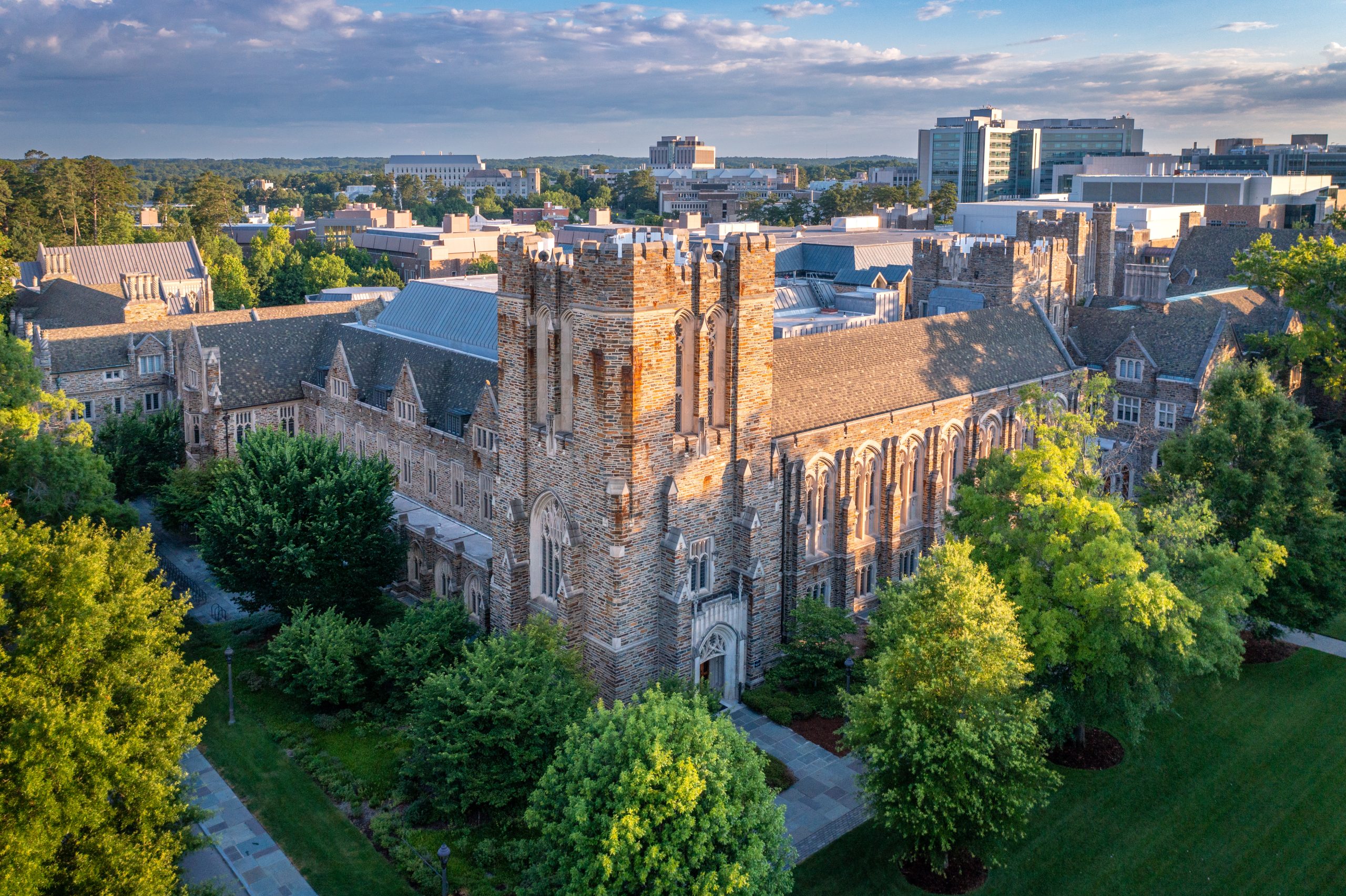




 Earlier this month we announced that all Duke users with a NetID now have
Earlier this month we announced that all Duke users with a NetID now have 

 You can cancel your subscription and set up a free account through the Duke Libraries and enjoy the same level of access.
You can cancel your subscription and set up a free account through the Duke Libraries and enjoy the same level of access. If you currently have a free (limited) New York Times account for playing Wordle and other games, you can still change to an all-access account through the Duke Libraries. But there are a few extra steps to take:
If you currently have a free (limited) New York Times account for playing Wordle and other games, you can still change to an all-access account through the Duke Libraries. But there are a few extra steps to take: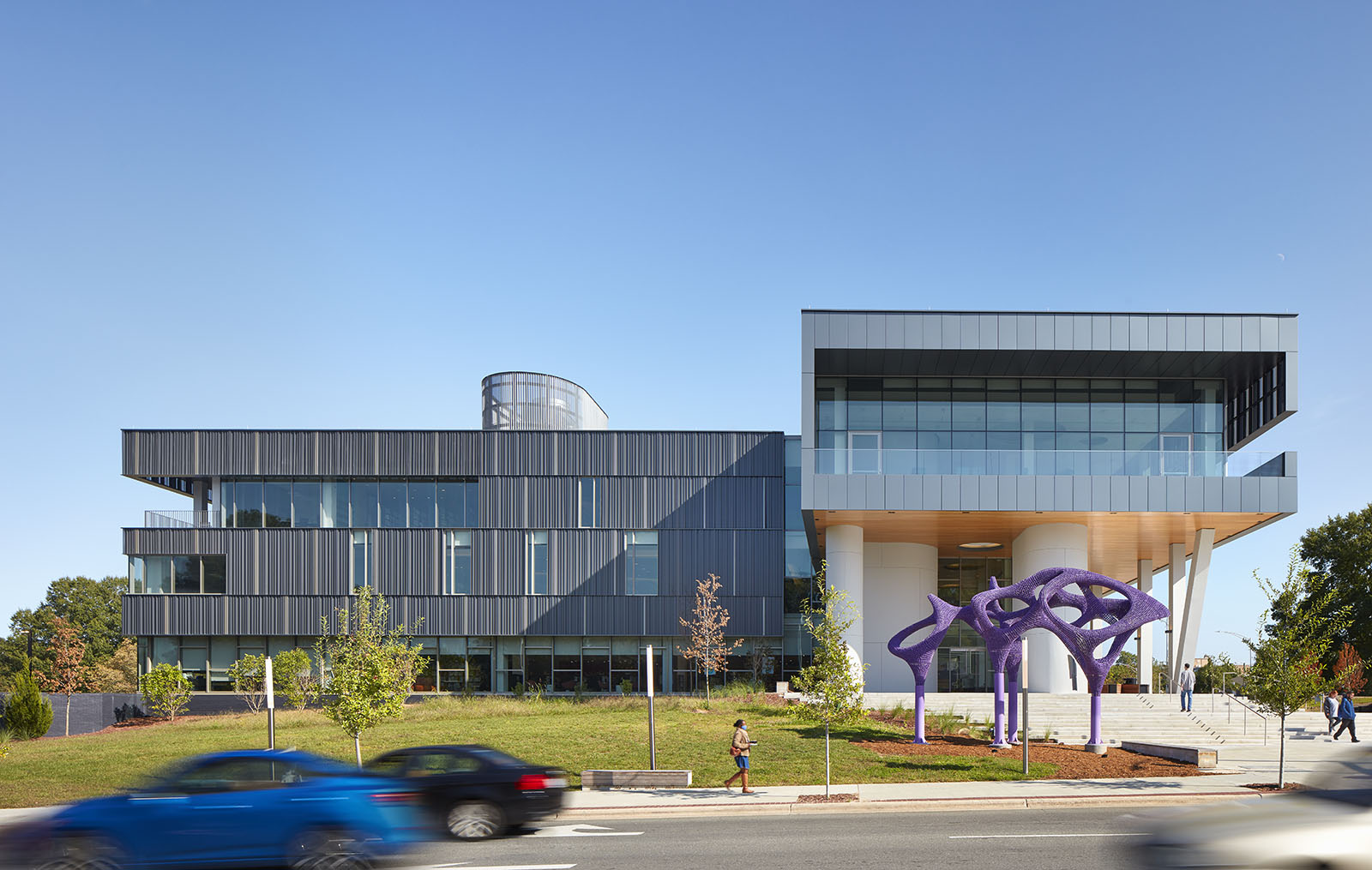








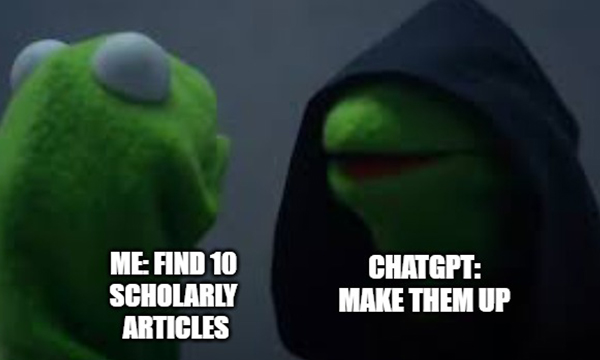




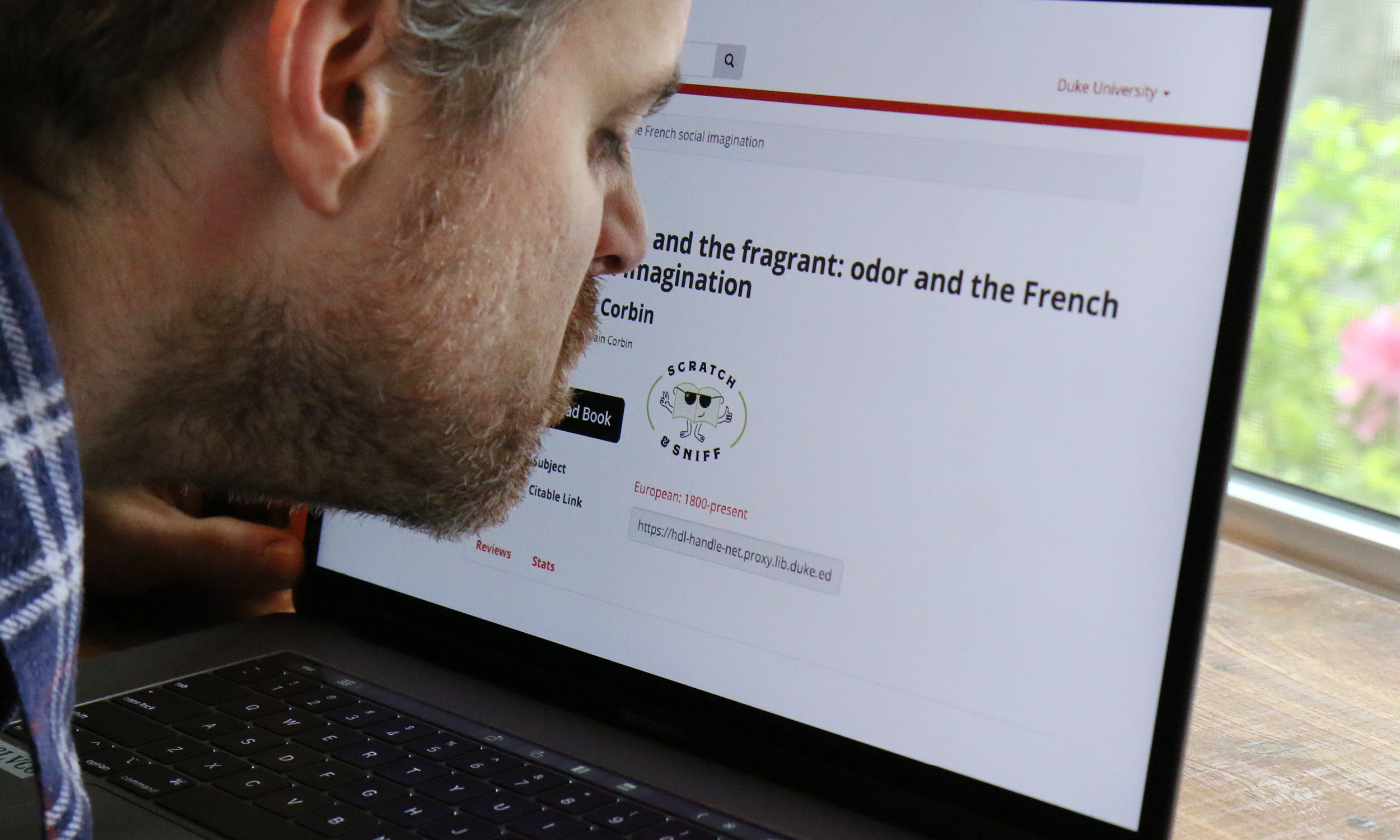











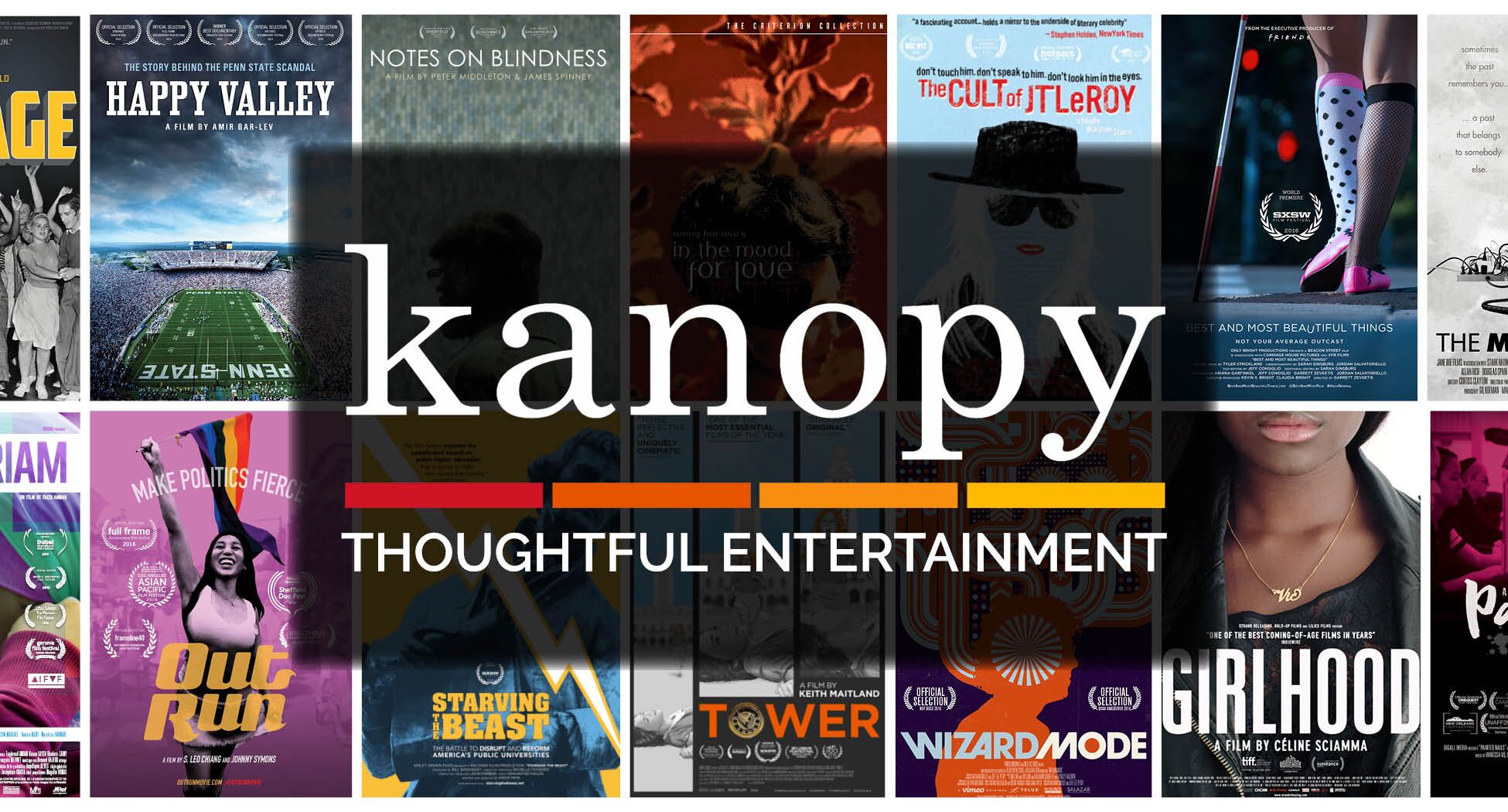
 Danette Pachtner
Danette Pachtner





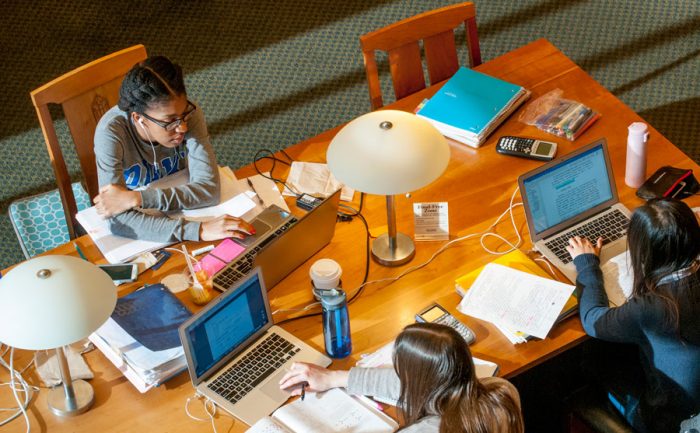





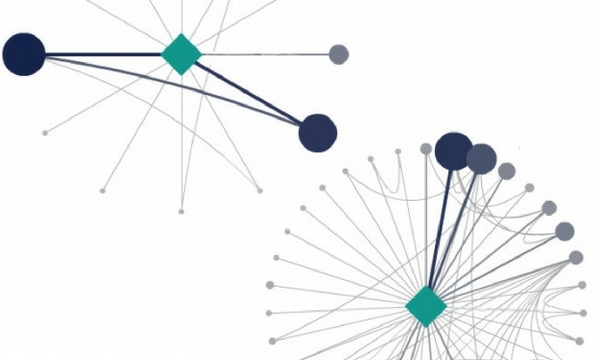

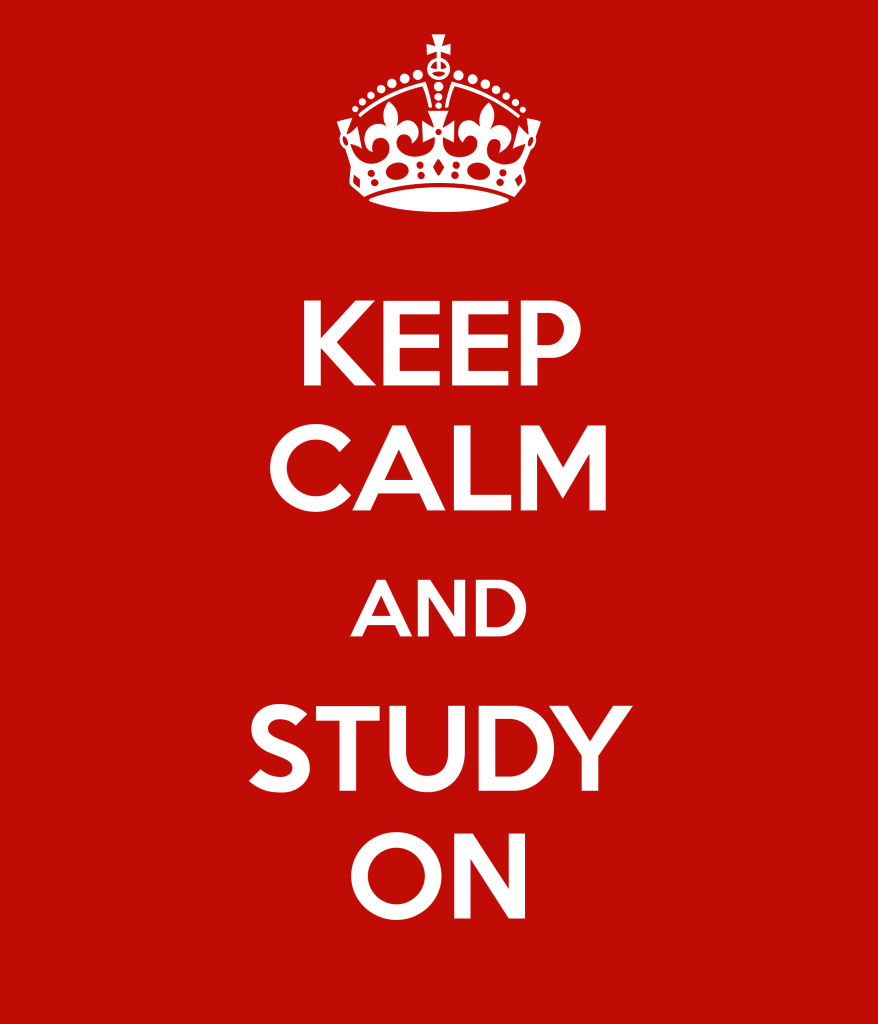
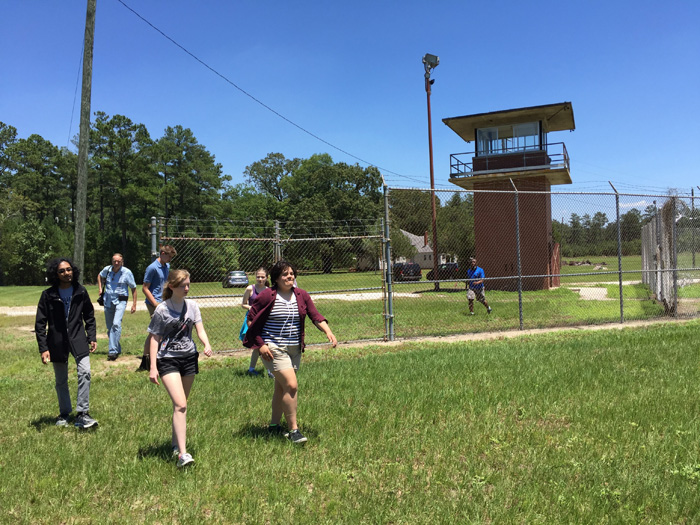

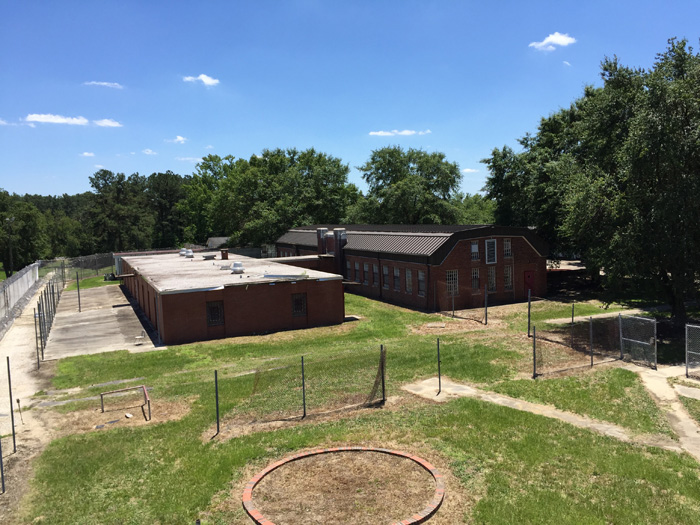
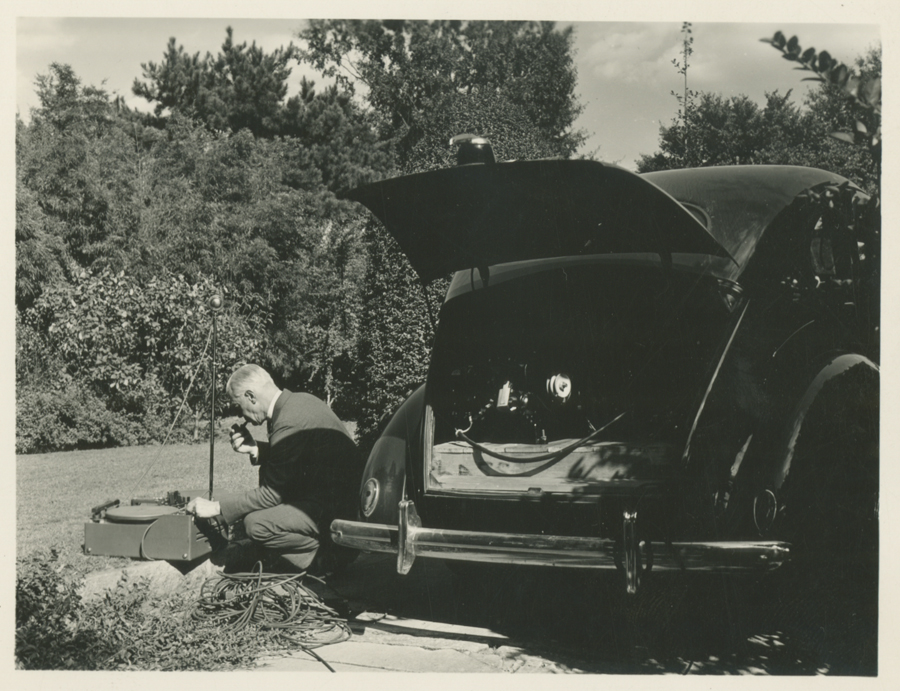
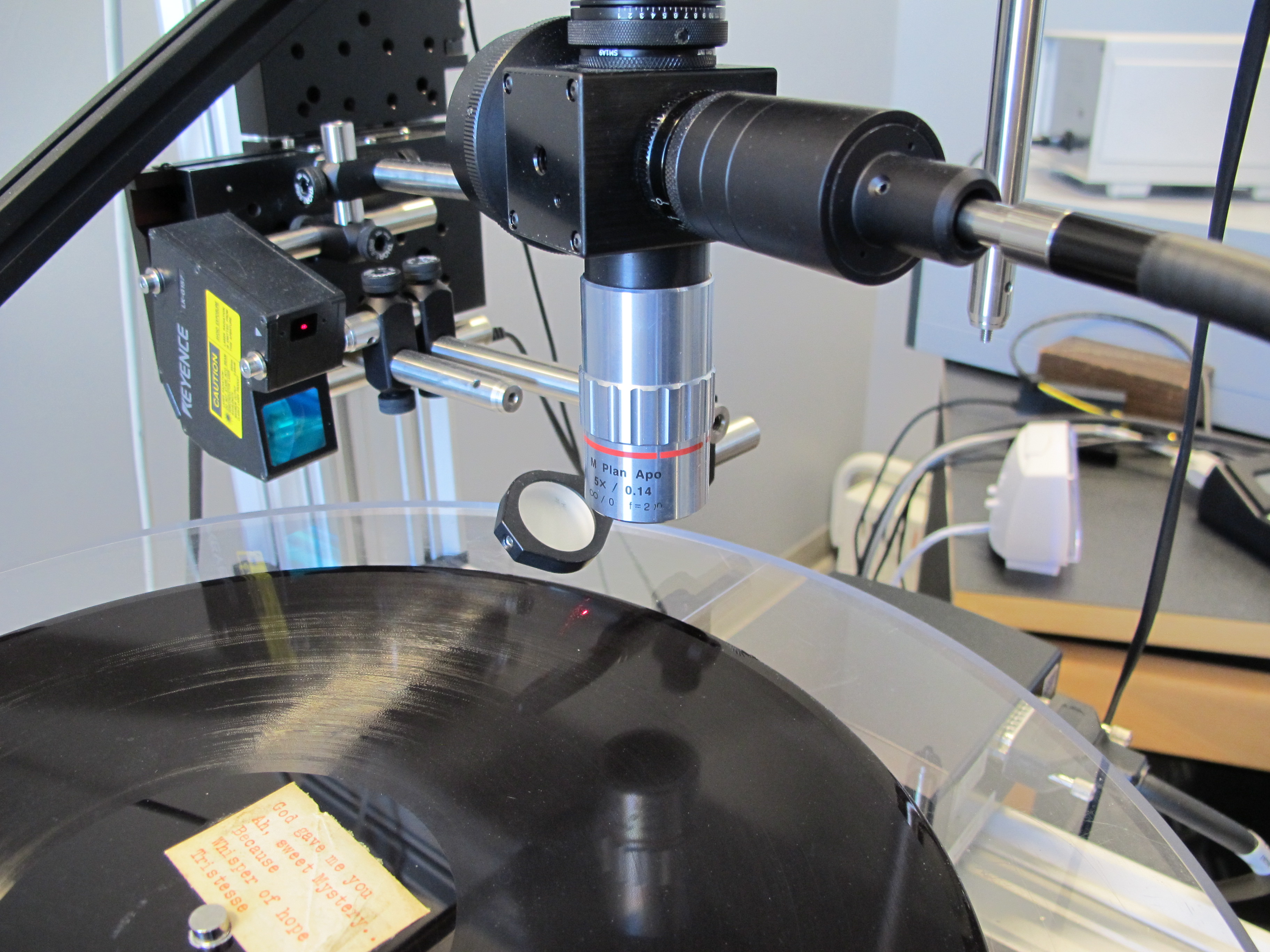


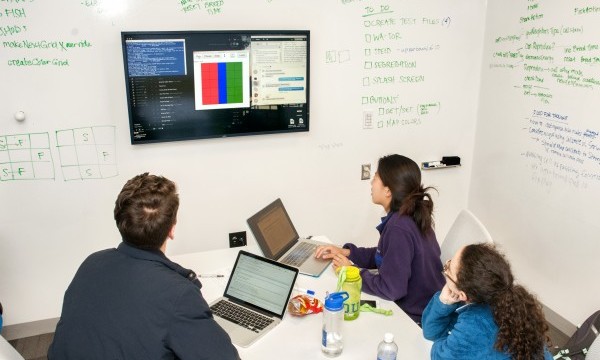

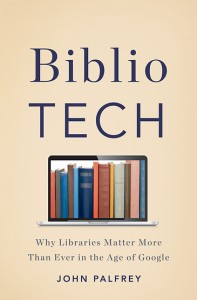 Join the Duke University Libraries as we celebrate the opening of the
Join the Duke University Libraries as we celebrate the opening of the 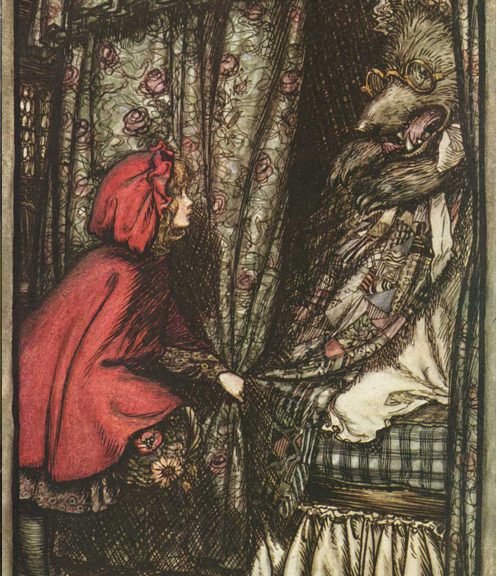

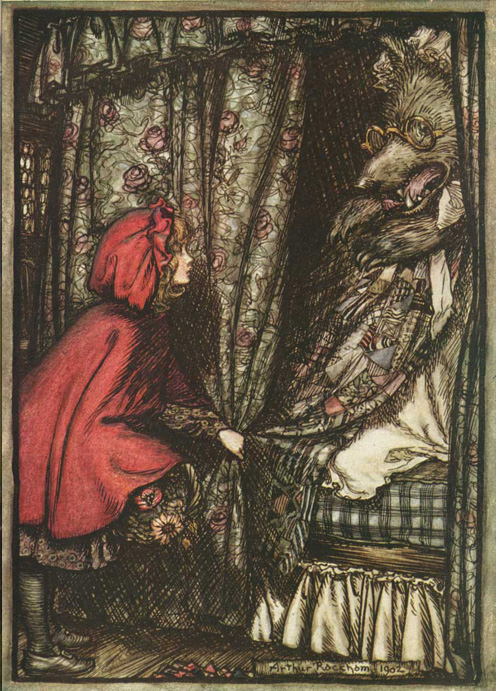
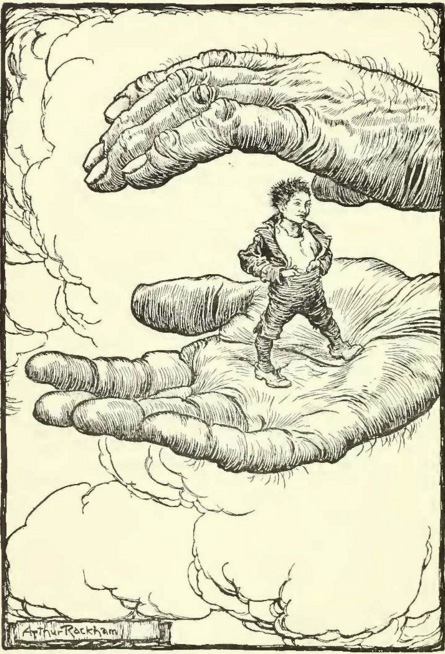

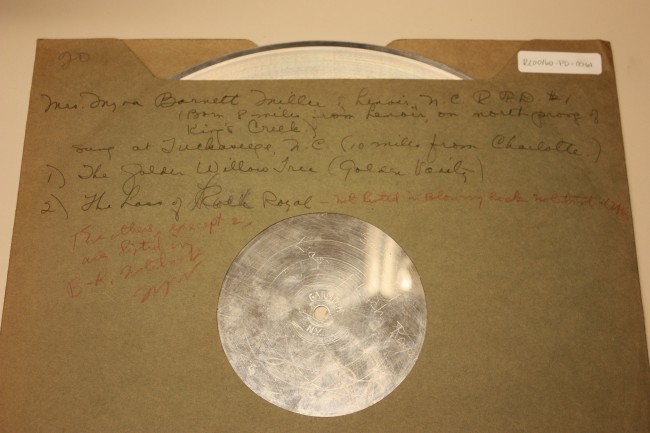
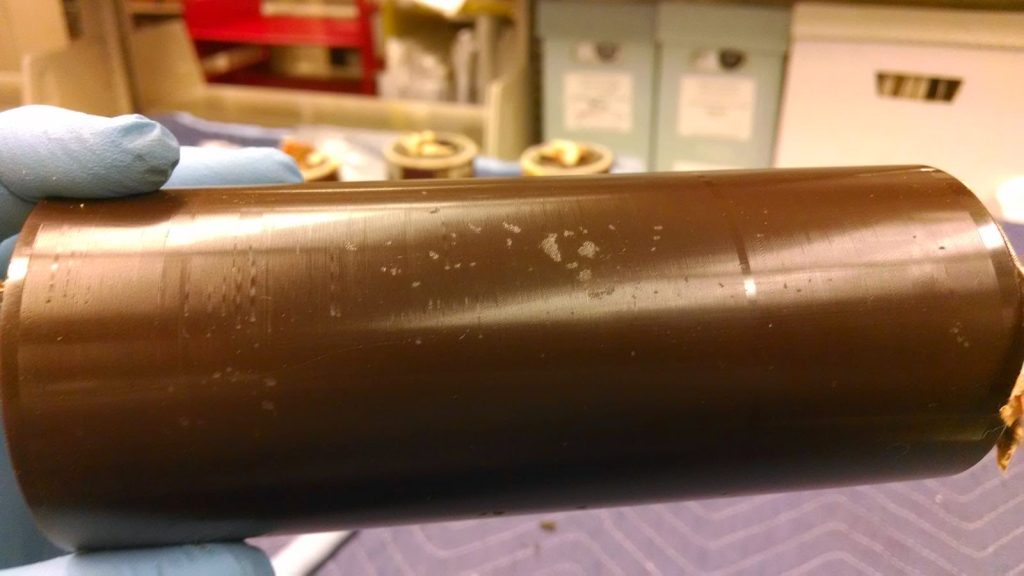




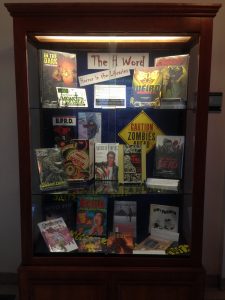
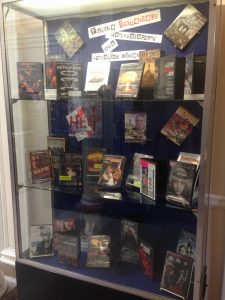

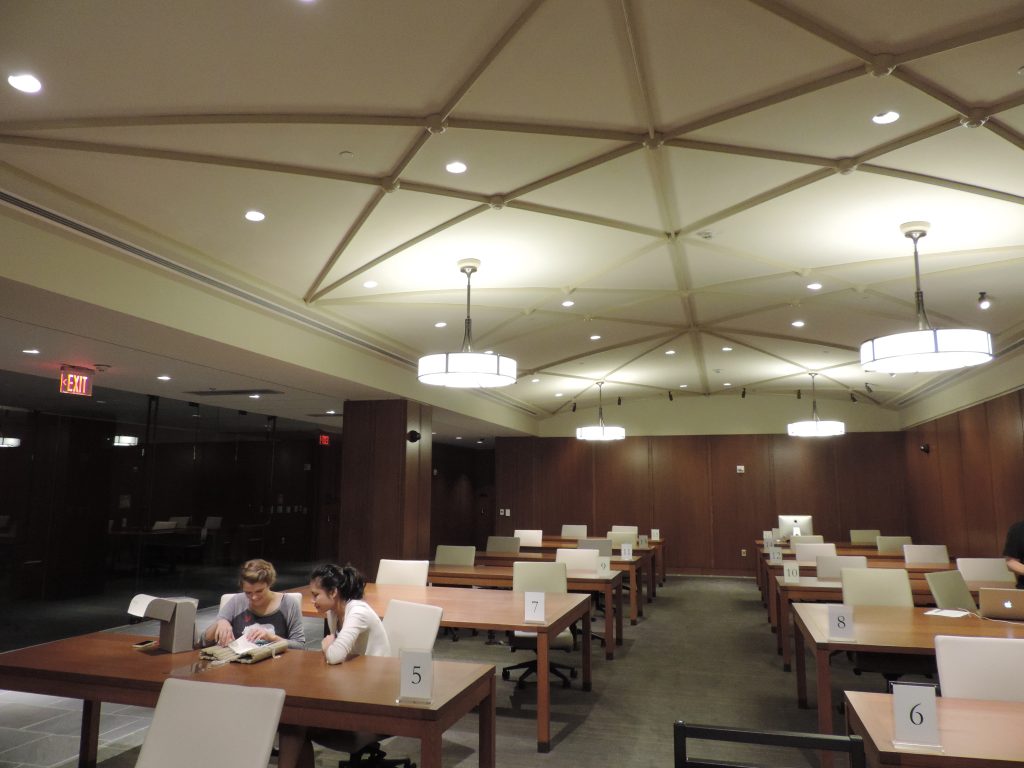
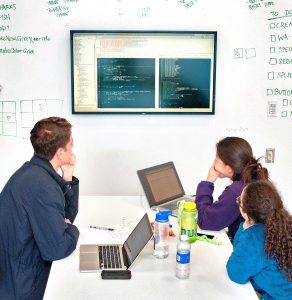



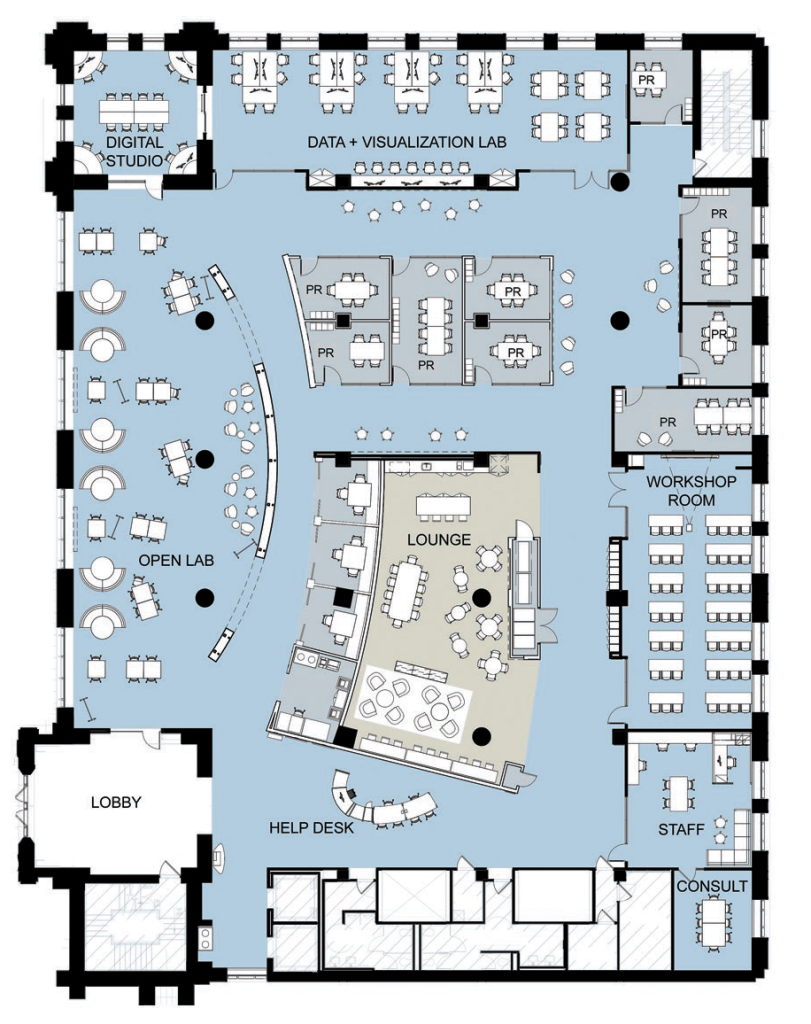

















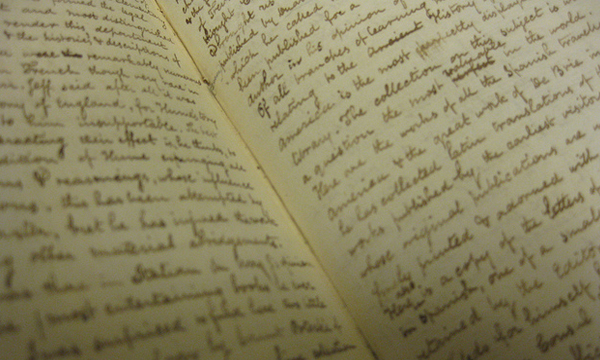


























 Ben Fino-Radin is a New York based media archaeologist and conservator of born-digital and computer-based works of contemporary art. At Rhizome at the New Museum, he leads the preservation and curation of the ArtBase, one of the oldest and most comprehensive collections of born-digital works of art. He is also in practice in the conservation department of the Museum of Modern Art, managing the museum’s repository for digital assets in the collection, as well as contributing to media conservation projects. He is near completion of an MFA in digital arts and MS in Library and Information Science at Pratt Institute, with a BFA from Alfred University.
Ben Fino-Radin is a New York based media archaeologist and conservator of born-digital and computer-based works of contemporary art. At Rhizome at the New Museum, he leads the preservation and curation of the ArtBase, one of the oldest and most comprehensive collections of born-digital works of art. He is also in practice in the conservation department of the Museum of Modern Art, managing the museum’s repository for digital assets in the collection, as well as contributing to media conservation projects. He is near completion of an MFA in digital arts and MS in Library and Information Science at Pratt Institute, with a BFA from Alfred University.



 The Open Journal Systems software was developed by the
The Open Journal Systems software was developed by the 



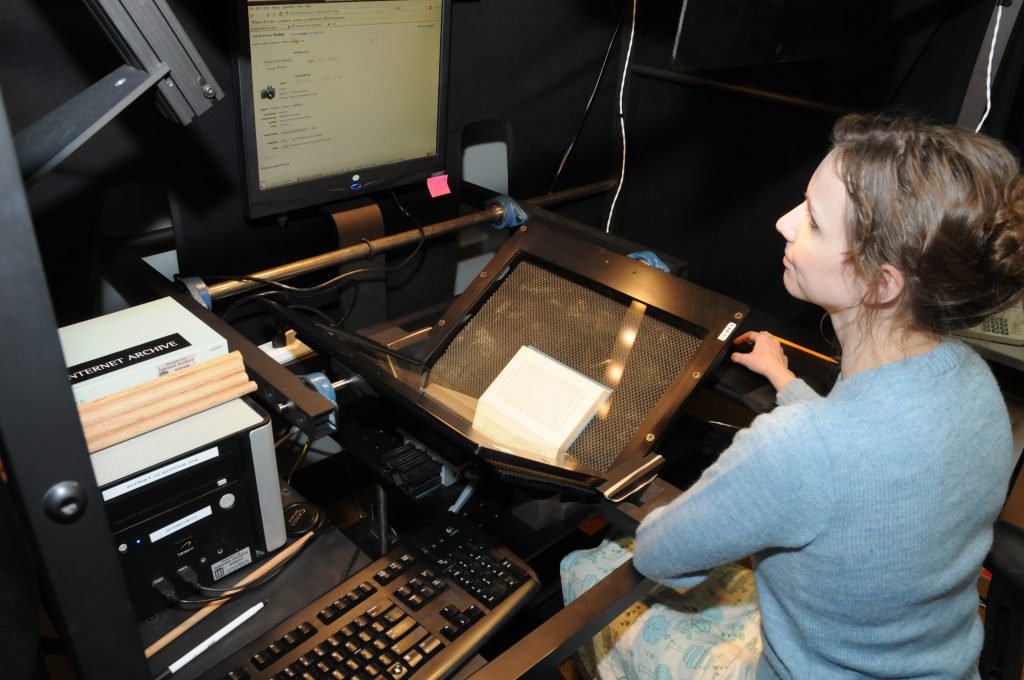
 Starting this semester, Duke University faculty, students, and staff can request to have certain public domain books scanned on demand. If a book is published before 1923* and located in the Perkins, Bostock, Lilly, or Music Library or in the Library Service Center (LSC), a green “Digitize This Book” button (pictured here) will appear in its online catalog record. Clicking on this button starts the request.
Starting this semester, Duke University faculty, students, and staff can request to have certain public domain books scanned on demand. If a book is published before 1923* and located in the Perkins, Bostock, Lilly, or Music Library or in the Library Service Center (LSC), a green “Digitize This Book” button (pictured here) will appear in its online catalog record. Clicking on this button starts the request.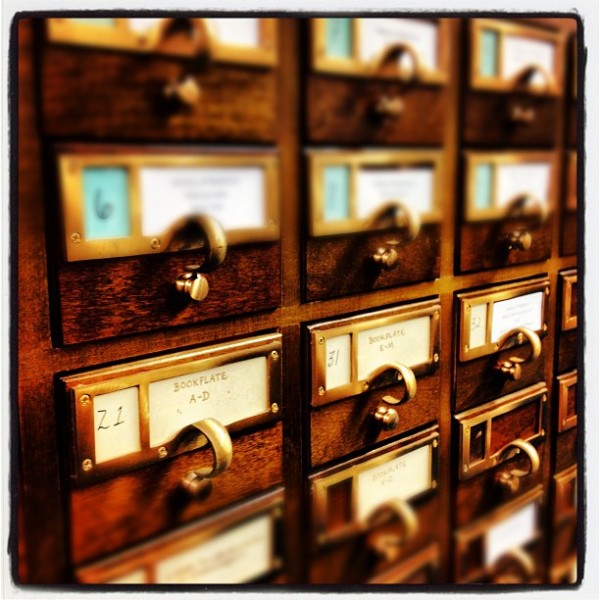








 As the movement toward universal open access (OA) gathers momentum, the most salient OA questions are changing from “if” and even “when,” to “what will an OA world look like?” Is open access an incremental improvement, or will it lead to fundamental shifts in the way scholarship is communicated, filtered, and disseminated? In this talk, I’ll argue that the latter is the case: new ways of measuring scholarly impact on the social Web — “altmetrics” — will allow real-time, crowdsourced filtering of diverse scholarly products, leading to a new landscape of interoperable services that replace traditional journals. I’ll also demonstrate
As the movement toward universal open access (OA) gathers momentum, the most salient OA questions are changing from “if” and even “when,” to “what will an OA world look like?” Is open access an incremental improvement, or will it lead to fundamental shifts in the way scholarship is communicated, filtered, and disseminated? In this talk, I’ll argue that the latter is the case: new ways of measuring scholarly impact on the social Web — “altmetrics” — will allow real-time, crowdsourced filtering of diverse scholarly products, leading to a new landscape of interoperable services that replace traditional journals. I’ll also demonstrate 